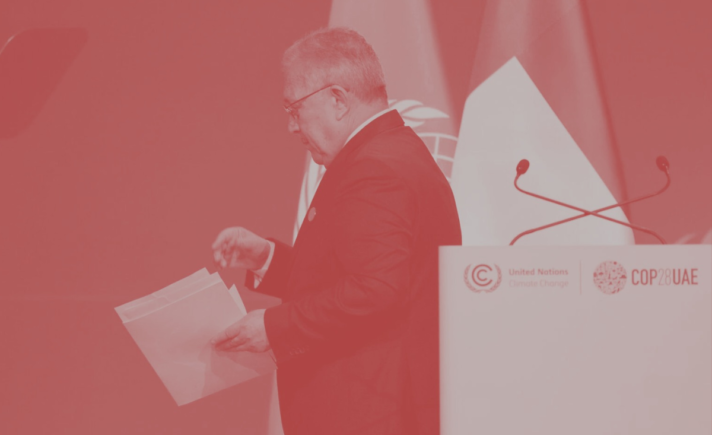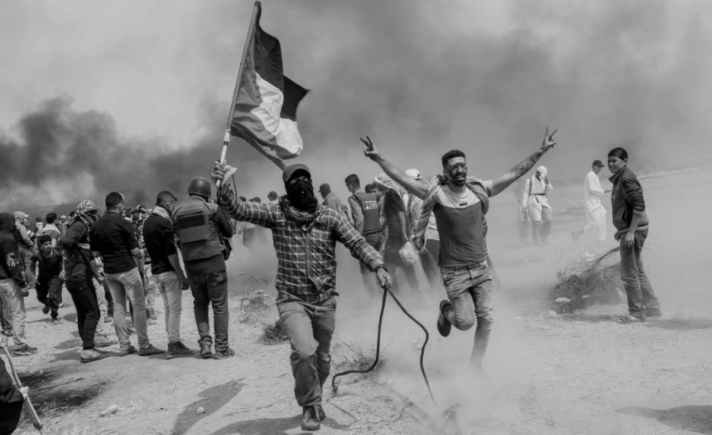A simple but horrifying question was posed by The Netherlands to the Judges of the International Court of Justice two days ago: “Imagine yourself or a loved one contorted inside a car tire and beaten.”
On Tuesday, October 10, 2023, The International Court of Justice (ICJ) had its first public hearing to listen to the oral arguments of Canada and the Netherlands in the case concerning application of the Convention against Torture and Other Cruel, Inhuman or Degrading Treatment or Punishment (CAT) brought by them against the Syrian Arab Republic, which was first filed before the Court in June 2023. The hearing was meant to be the beginning of four sessions taking place on Tuesday and Wednesday. These sessions were initially scheduled for July and later postponed to October upon a request from Syria. However on October 9, Syria informed the court, through a letter sent from its embassy in Brussels, that it would not participate in the present oral proceedings, leading to the cancellation of the remaining three sessions. The decision of Syria not to attend the hearing has no bearing on the Court’s authority to exercise its jurisdiction over torture in Syria. The Court will proceed with making its order on provisional measures as soon as possible, as stated by the President of the Court, and will later proceed to the merits of the case.
Provisional Measures are temporary actions taken by the ICJ during the ongoing case to safeguard the rights of the parties and prevent any further harm until a final judgment is rendered on the merits. Canada and the Netherlands have requested provisional measures, obliging Syria to immediately halt torture and ill-treatment immediately, cease arbitrary detention, allow access to detention facilities for independent monitoring and medical personnel, facilitate contact and visits between detainees and their families and legal counsel, improve detention conditions in accordance with international standards, prohibit the destruction of evidence related to the dispute (including medical records), safeguard information on the cause of death of detainees, disclose the location of burial sites, and refrain from actions that aggravate or prolong the dispute.
Provisional measures ordered by the Court are final and legally binding on the Syrian regime immediately upon issuance. Syria must comply with the provisional measures and submit periodic reports regarding their implementation until the final decision is rendered by the Court. On this note, the Netherlands and Canada demanded for the reports to be made public so as to ensure that all parties to the Torture Convention are able to assess and scrutinize Syria’s compliance with the Court’s order – creating therefore an additional form of scrutiny and accountability for Syria’s acts of torture. Failure to comply by Syria allows the other party – the Netherlands and Canada – to resort to the Security Council, and if the Council deems it necessary, it may submit its recommendations or issue a decision on the measures that must be taken to implement the Court order.
In their interventions, the Netherlands and Canada focused on the institutionalized nature of torture in Syria, with high levels of coordination and control, as amply demonstrated by the consistency of the torture techniques, regardless of the detaining authority or location. The Netherlands and Canada referred not only to the security and intelligence apparatus (including police and military forces) as perpetrators of torture, but also to elements of the judicial and healthcare system. In a number of cases, they claimed that victims of torture had died while hospitalized, emphasizing how even hospitals in Syria are used as torture facilities.
Reiterating the urgency of their case, the Netherlands and Canada emphasized that the Syrian government is still actively involved in the brutal practice of torture and ill-treatment. Notably, they mentioned that 15 people had died under torture since the case was filed before the Court in June. Within this context, the Netherlands and Canada emphasized that Syria cannot be relied on to refrain, of its own volition and without a binding order from the Court, from inflicting acts of torture and ill-treatment against its own population. For this reason, the Netherlands and Canada have requested the Court to indicate provisional measures to prevent further deaths and suffering.
The Netherlands and Canada emphasized the need to request Syria to disclose the fate and whereabouts of tens of thousands of detainees, and safeguard information related to the detainees’ cause of death. Family members of individuals who have disappeared are subjected to a unique form of suffering arising from the uncertainty of the fate and whereabouts of their loved ones and from the failure of the State to fulfill their rights to remedy and truth. Within this context, the Netherlands and Canada stated that the immediacy of the need for Syria to cease enforced disappearance is reflected in the decision of the UNGA to establish the Independent Institution on the Missing Persons in the Syrian Arab Republic on 29 June 2023.
During the session, Netherlands and Canada additionally requested the Court to order Syria to take immediate actions to reduce the risk of torture being committed by its officials and other personnel. These actions included issuing instructions to ensure that detainees are treated in accordance with their human dignity, suspending all personnel suspected of having committed torture or other ill-treatment pending investigation, lifting de facto immunity for those of its officials who commit torture, and ensuring that statements obtained under torture are not used as evidence in any proceedings. This additional request was the result of a proposal by Syrian civil society organizations and victims’ associations in a letter to the Netherlands and Canada signed by 85 organizations.





